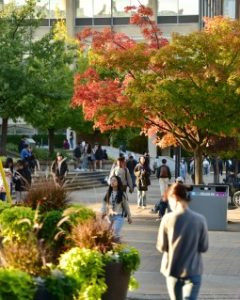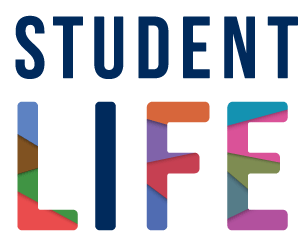
Posted October 5, 2023
Updated October 18, 2023
Download Infographic: Accessibility Services Survey Report – 1 Page Summary (2019-2022) (PDF)
Download Report: Accessibility Services Survey Report Summary 2023 (PDF)
The Accessibility Services team provides students with disabilities services and supports for learning, problem solving and inclusion. As part of our office’s mission to identify and remove barriers for students with disabilities and foster inclusion within learning environments, collecting quantitative and qualitative data is an important first step.
These reports analyze survey results of the Accessibility Services Student Experience Surveys between 2019 and 2022. These surveys explore students’ experiences with Accessibility Services including registration, developing/navigating accommodations, resources/supports accessed and communication. The results of these surveys have directly informed the work of Accessibility Services to improve services for students with disabilities. We share these results in the hopes that staff, faculty, students and community members can work towards creating educational policies and programs that are more inclusive and accessible for students with disabilities.
As a result of these surveys, here is some of what Accessibility Services has been doing to address identified student needs:
- Created a number of new roles including Indigenous Accessibility Advisor, Indigenous Peer Guide, Experiential Learning Accommodations Coordinator, ASD Support Coordinator.
- Added additional Accessibility Advisors, Learning Strategists, Adaptive Technologists, Accommodations Coordinators, and Administrative and Front Desk Staff.
- Developed several new programs and resources including the Strengthening Accessibility & Inclusion within Professional Programs Conference, the Disclosure and Accommodation Strategies for the Workplace guide and workshop, and updated Undergraduate and Graduate Student Handbook.
- Continually improve its office and programming spaces by taking steps such as acquiring a new programming space (the Nanda-Gikendan Room), technology for dual deliver/hybrid programming, and creating a new waiting area with additional furniture and lighting options.
We’ll be asking you to share more of your experiences with the upcoming survey – your voice makes a difference! Meanwhile, be on the lookout for more publications from our office.




